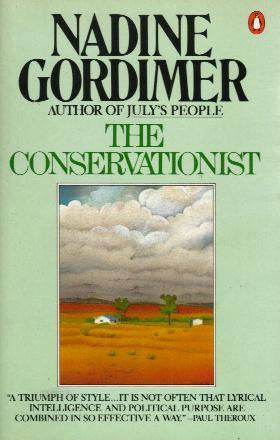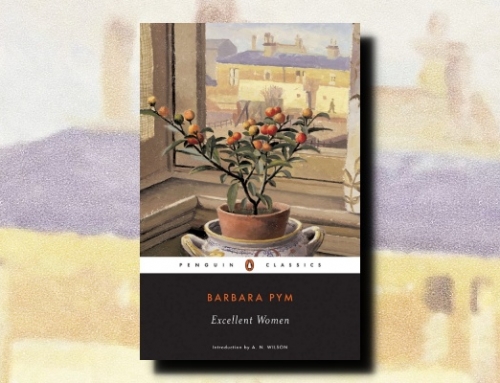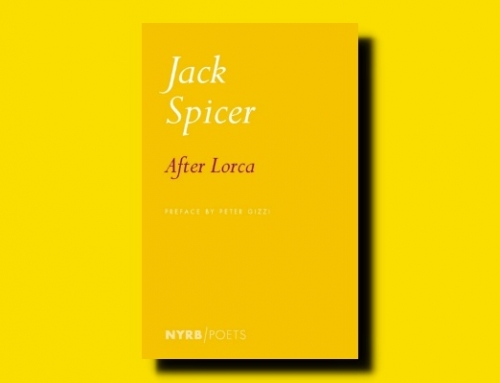
The Conservationist
by Nadine Gordimer (1974)
Penguin Books (1983)
272 pp

Because of the content of this post, I feel I must answer a few questions up front.
* Have you ever been on the Nobel Prize selection committee? No.
* Have you ever been on the Booker Prize selection committee? No.
* Any selection committee? No.
* Has anyone ever come to you and said, hey, your views on literature are really important and should be highly regarded by everyone, especially the authors themselves? No.
* Do you know how difficult it is to write a book? I’ve tried to write something good, but I didn’t succeed. I can’t imagine how hard it is to write a book.
* Have you read Alex Pheby’s post on Vulpes Libris about how difficult books are important? Yes. That a little bit of obfuscation can be a good thing? Yeah, I got that part. Do you agree with him? Yes. Can you honestly say you gave this book the time it deserves? Not honestly, no. So you’re a hypocrit? I just might be. And hopefully someone will see fit to enlighten me about this book.
You might think from my answers that I didn’t like the book. While that’s true, it is probably also true to say that I am ambivalent about this book. I just might be able to be persuaded to see the light.
On the one hand, The Conservationist had some brilliant parts. The overall themes that alluded to apartheid are subtle, very subtle, but powerful. Many of the passages are poetic and evocative. At the end I could honestly say that I felt I’d been through a good experience. Gordimer does a great job showing awkward relationships between Mehring and his black workers. The dead man found at the beginning haunts the rest of the novel — and that image works brilliantly.
On the other hand, most of the time I read it I was annoyed by what felt to me like an overly self-important, self-indulgent style. I felt like I was at an amateur poetry reading where the poet is reading some obfuscated poem entitled something like “A purple evening on the hood of my 1965 Mustang with the engine turned off while the moon rose over the hills to the East, a bright circle” — the kind of writing that lays out details in a way not meant to be descriptive but to sound profound, even when the details are not important at all. It’s the kind of writing that draws attention to itself and the author for no other purpose other than to show off. For example, here is the beginning of a chapter:
Golden reclining nudes of the desert.
That is it. Then there is a full space between that and the next paragraph. I’m just not into this kind of writing. I enjoy a more simple style.
I’m sure a lot of this was just my approach to the novel, but I couldn’t help feeling like the narrator was drolling on and on in this way, enunciating alliteration and assonance to show how clever it was. James Joyce could write in a style that took full advantage of the sounds of words, but it all sounded natural. Gordimer’s writing, in this book, does not. Here, the more simple passages were the most touching, not the ones that were obviously worked and reworked to have a rhythm that screams at the reader look at this rhythm!
A plover has landed within a few yards of his feet, tipping from beak to tail for balance. Its exquisitely neat black and white markings take his eye into visual discipline.
I’m not one hundred percent sure what the “visual discipline” means. Unless it’s saying that somehow the crane makes the character examine the rest of the landscape because Gordimer does next launch into a full paragraph about the scenery. It’s all a bit obfuscated, to me. And nothing ever made me say, hey, the prize might be worth the work.
I don’t want to discourage anyone from reading this book. I feel awfully pretentious saying all of that about a Booker Prize winner (one that beat out thirty-five others to be shortlisted for the Best of the Booker), let alone about a Nobel Prize winner. Griping about style in a book of obvious substantive value is probably petty.
I admit, this is the only book by Gordimer that I’ve read, but I still believe that she’s an important writer. She has been progressive with her portrayals of race pre- and post-apartheid. This book surely fits in to all of that. Unfortunatly, The Conservationist felt dated to me. The Best of the Booker judges surprised me here (was this the book they didn’t fully agree on — I’m betting it was this one or The Ghost Road). I didn’t feel like this book should have survived the early 1980s.
Please, tell me what you think about this book. Point out passages that will help me understand why Gordimer chose a style that made it next to impossible to know who was talking. It just seemed like Gordimer mistook sounding difficult with being deep.








Trevor, I just love your intro to this piece! It could equally well have prefaced my own post on The Conservationist.
Thanks John. And since I know your reaction to the book was as bad or worse than mine, hopefully someone who is on a selection committee (or someone of a different opinion) can help us out with this one!
I can’t help you out with this one, but I can highly recommend My Son’s Story by Gordimer. Very readable and very moving. It seems to me your last sentence “It just seemed like Gordimer mistook sounding difficult with being deep” can be applied to so many books of late, Great House by Nicole Krauss coming immediately to my mind. I love scrolling your site for wonderful books, so thanks!